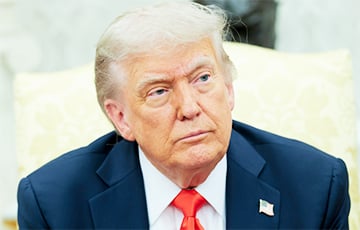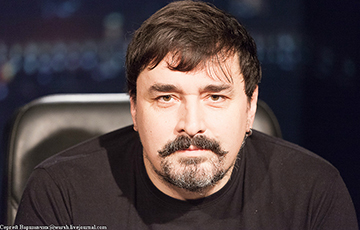The Telegraph: Two Men Have Played A Key Role In Trump's Changing Attitude Towards Russia
20- 17.07.2025, 8:42
- 20,468

Photo: Getty Images
They persuaded the President of the United States to abandon the "velvet glove."
U.S. President Donald Trump's sharp reversal of U.S. President Donald Trump's stance on Russia is largely due to his growing dissatisfaction with Vladimir Putin's intransigent tactics. But it was also the result of months of effort by Republican hawks who have all along been trying to push Trump to be tougher on Moscow.
According to sources at The Telegraph, US envoy to Ukraine Keith Kellogg and Secretary of State Marco Rubio have played a central role in the effort.
Although Keith Kellogg continued to mediate relations with Ukraine, in February he was removed from direct talks between U.S. officials and Moscow in favor of Steve Witkoff, a billionaire with no diplomatic experience.
Witkoff himself has met personally with Putin four times - and this despite the fact that in an interview with Tucker Carlson he could not recall the names of the Ukrainian territories he was negotiating over, The Telegraph recalls.
In recent weeks, however, things have begun to change, and a congressional aide told The Telegraph that Kellogg "has been on the rise lately."
"The diplomatic source added that General Kellogg has 'taken on a more important role' in the last few weeks, while Whitkoff has been absorbed in negotiations with Iran over its nuclear program."
The other main driver behind Trump's decision to drop the "velvet glove" regarding Russia is believed to be Secretary of State Marco Rubio.
The Telegraph notes that since taking office, Rubio, a longtime advocate of a tough foreign policy who once called Putin a "gangster," "thug" and "war criminal," has taken a more conciliatory tone toward Moscow.
At the same time, one of the publication's congressional sources said Rubio's close relationship with Trump allowed him to step in when Putin stepped up his attacks on Ukraine in recent weeks.
"A lot of us believed the Russians would screw things up. [Our tactic was to] get out of the way and let the Russians remind us why this is happening. They always go too far," the congressional aide said.











